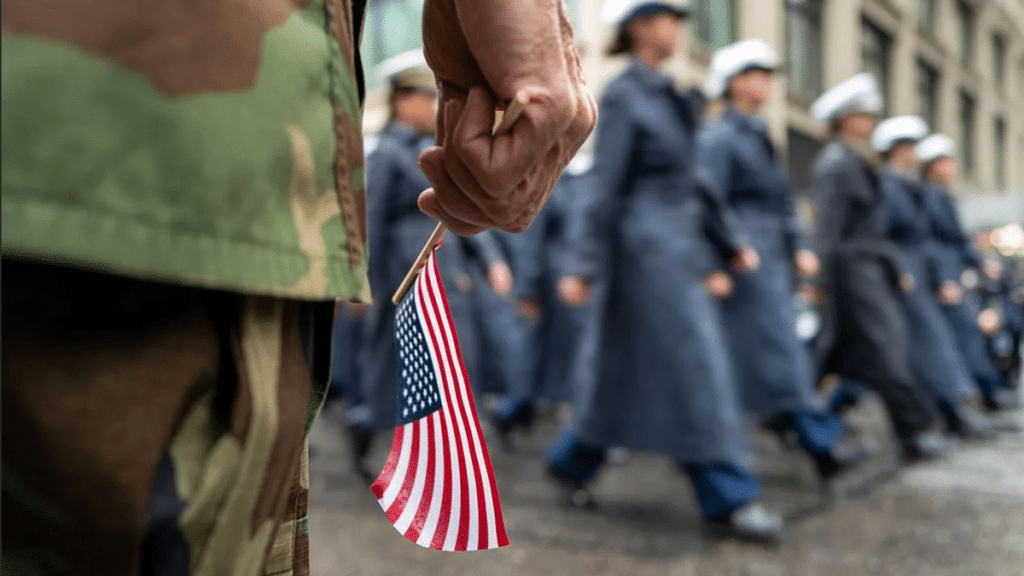Community plays a pivotal role in the life of every individual, but for senior war veterans, it holds an even more significant value. These individuals, who have dedicated a considerable part of their lives to serving their country, often face unique challenges as they age. The sense of belonging, support, and understanding that a community provides can be a lifeline for senior veterans, offering them a network of care and a platform to share their experiences.
The transition from active service to civilian life is a profound change for many veterans. This shift can be especially daunting for senior veterans who must navigate the complexities of retirement, aging, and often, reintegration into a society that may seem vastly different from the one they left before their service. Community plays a critical role in easing this transition. By connecting with fellow veterans and civilian neighbors, senior veterans can find common ground, share their experiences, and support each other, making the transition smoother and less isolating.
Remaining Independent
For senior veterans who are able to live at home, but still require a certain level of assistance, home care services are invaluable. While the U.S. Department of Veterans Affairs provides assistance, the application process is arduous for some, and the approval process can take time. Veterans Care Coordination is a company that helps senior veterans, family members and surviving spouses through the application process which can result in reimbursement for home care.
Home care helps Veterans and their surviving spouses age in their own home rather than a nursing home or assisted living facility. The company, founded by Kyle Laramie, established a Veterans appreciation program called Care Advance which allows the Veterans or surviving spouse to start care immediately rather than waiting months for an approval.
Home care services are vital for fostering a feeling of independence and familiarity, which often correlates to a higher quality of life and better health outcomes.
Combatting Loneliness and Isolation
Loneliness and social isolation are significant issues faced by seniors, and for veterans, these feelings can be exacerbated by experiences of loss, trauma, or the disconnect from military camaraderie. A community-oriented environment can mitigate these feelings. Engaging in community activities allows senior veterans to form new friendships, participate in social events, and feel a part of something bigger than themselves. This engagement is not just beneficial for their social well-being but is also crucial for their mental health.
Access to Tailored Services and Support
Senior veterans often have specific needs related to their physical and mental health, stemming from their service. Communities that recognize and cater to these needs can provide invaluable support. Access to veteran-specific healthcare, counseling services, and support groups within the community can significantly improve the quality of life for senior veterans. Additionally, community programs aimed at veterans can offer assistance with navigating the benefits and services they are entitled to, ensuring they receive the support they have earned.
Preservation of Legacy and History
Community involvement also allows senior veterans to share their stories and preserve the legacy of their service. Through community events, educational programs, and public ceremonies, veterans can impart their knowledge and experiences, bridging the gap between generations and fostering a greater understanding of military service’s sacrifices and contributions. This sharing of history not only honors their legacy but also educates the community, building a stronger, more informed society.
Empowerment and Purpose
Active participation in community life can provide senior veterans with a sense of purpose and empowerment. Whether through volunteering, mentoring, or engaging in civic duties, contributing to their community allows veterans to feel valued and respected for their knowledge and experience. This sense of purpose can be particularly empowering for those who may struggle with the loss of identity that sometimes accompanies retirement from active duty.
Fostering a Supportive Environment
Creating a supportive community environment for senior veterans requires intentional effort and resources. This includes developing veteran-friendly policies, creating spaces for social interaction, and promoting programs that facilitate veteran engagement. Communities that prioritize these elements can become a nurturing ground for their senior veteran population, ensuring they are respected, supported, and valued.
The importance of community for senior veterans cannot be overstated. It provides a foundation for support, understanding, and respect, facilitating a smoother transition to civilian life and combating the challenges of aging. Through community engagement, senior veterans can access tailored services, preserve their legacy, find a renewed sense of purpose, and continue to contribute meaningfully to society. Ultimately, a strong community not only enhances the lives of senior veterans but also enriches the community as a whole, fostering a deeper appreciation for the sacrifices made by those who have served.
